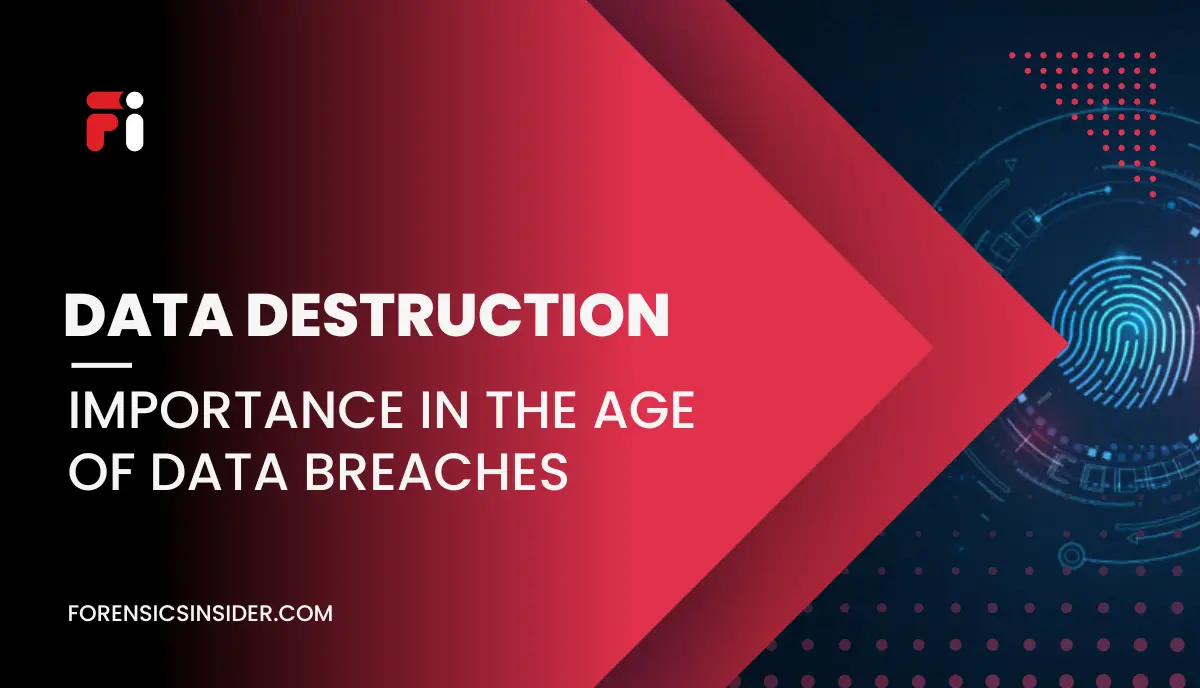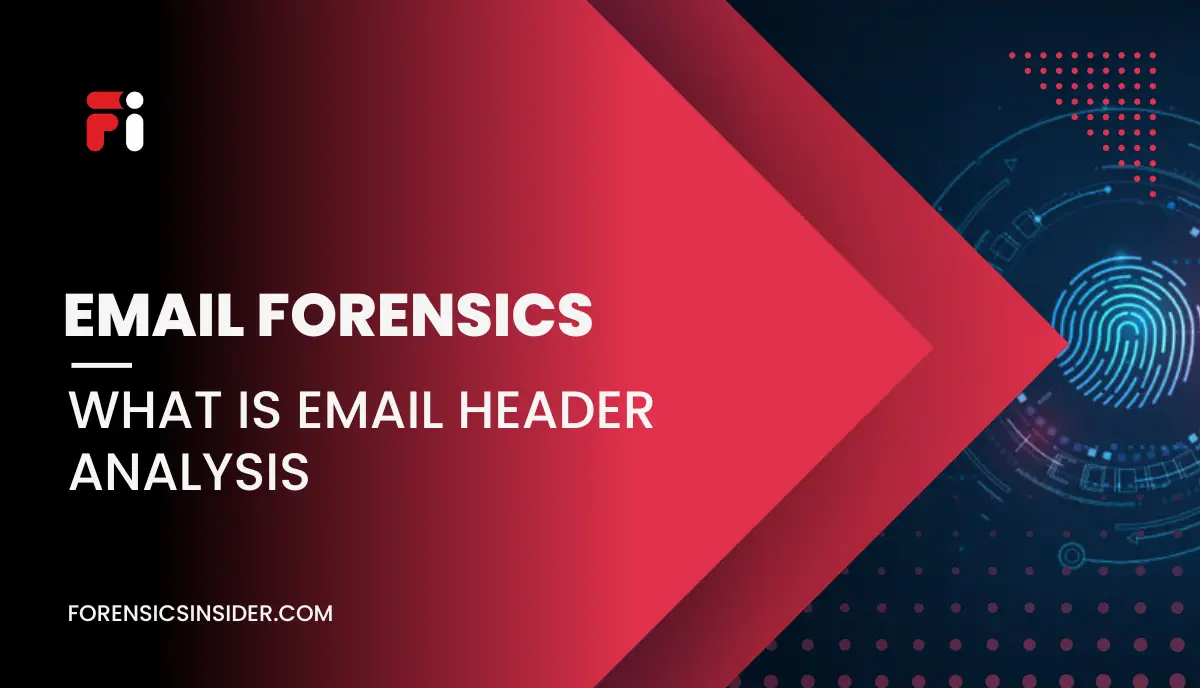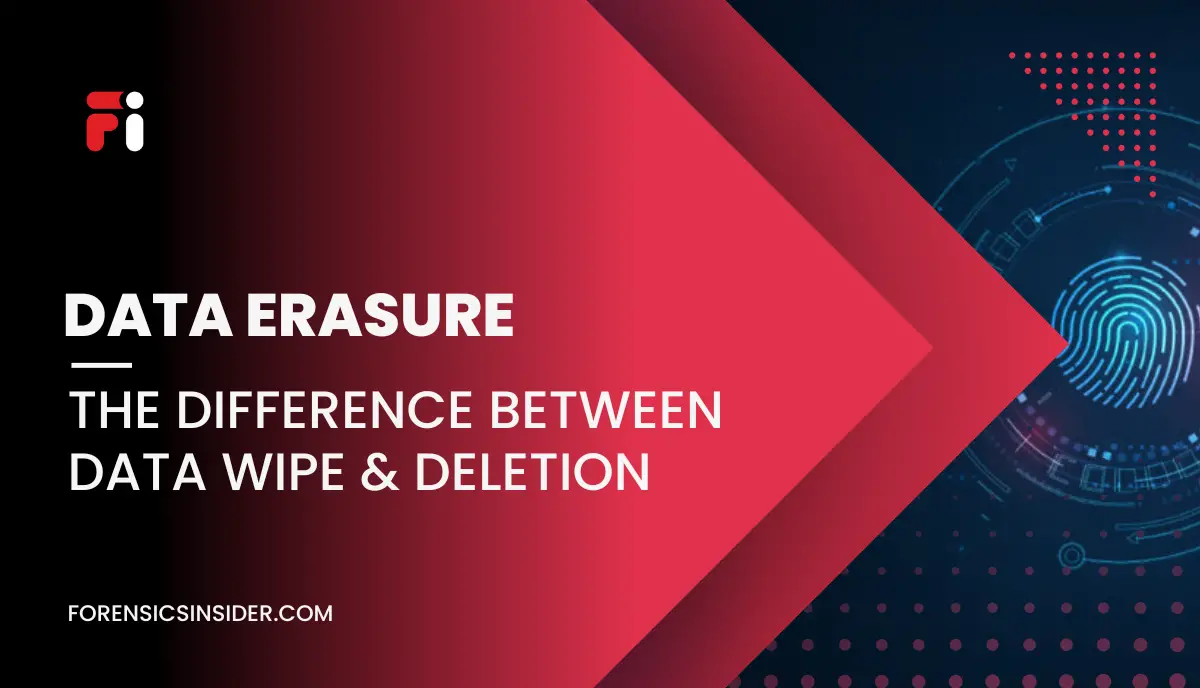In this post, we’ll look at how to get into a digital forensics career and the many job opportunities accessible. Therefore, there are many practitioners in the area of digital forensics career with a variety of skill sets and responsibilities.
When information is taken from a computer, network, online application, mobile phone, or other digital device, digital forensics or cybercrime forensics specialists are called in to investigate. Firstly, you need to understand how to keep your social media account safe. The forensics team examines stolen or damaged data files and works with other information security experts to prevent it from happening again.
A thorough foundation in informatics, programming, or computer science is required to become a digital forensics professional. Many analysts begin their careers as sysadmins or other equivalent professions in the IT industry. Team’s mission is to figure out what happened and how it happened, try to recover and/or restore.
Is digital forensics a good career?
They are already familiar with some electronic forensic tools or, at least, with these tools’ principles and functionality.
However, digital forensics careers have distinct specific goals, and working in this aspect of different types of digital forensics need specialist training. In terms of academic training, there are a few possibilities for obtaining both Bachelor’s and Master’s degrees — and they may be obtained both on-site and online.
Hence, As part of the Cyber security and Information Assurance Bachelor’s degree, Utica College’s School of Business and Justice Studies offers concentrations in cybercrime investigations and forensics.
- Champlain College offers a Bachelor of Science in Computer Forensics and Digital Investigations online.
- The Cybersecurity and Forensics Lab at Purdue University offers a Master’s degree in cyber forensics.
- The University of Maryland offers a Master’s degree in Digital Forensics and Cyber Investigation.
- The John Jay College of Criminal Justice offers a Master’s degree in Digital Forensics and Cybersecurity.
What Job Can You Get in Digital Forensics Career?
The majority of positions become a digital forensics professionals are in the public sector. Aside from obvious employment in law enforcement and government agencies, there are also professions available in the private sector – private IT businesses, government agencies, financial institutions, and many more. Specialists in the subject that said to fulfill two important functions. They either prevent potential cybercrimes or safeguard cyber security, or they are engaged in the investigation of crimes that have already occurred. There are several jobs available in digital forensics based on academic degree, talents, experience, and seniority.
- Computer forensic investigator;
- Digital forensic investigator;
- Mobile forensic investigator;
- Computer expertise technician;
- Information security analyst;
- Digital forensics analyst;
- Digital/computer forensics engineer;
- Information systems security analyst;
- Forensic computer analyst;
- Cybersecurity consultant;
- Computer/digital forensic technician.
A profession in digital forensics has high prospects under the present conditions. Salary estimates for digital forensics professions are remarkable, according to job search engines such as Glassdoor, Payscale, and the US Bureau of Labor Statistics. According to the US Bureau of Labor Statistics, demand for this occupation will increase.
What Skills Are Required for a Career in Digital Forensics?
As previously stated, electronic forensic analysis entails the correct processing of all digital evidence associated with a criminal case. A future digital forensic analyst will need the following competence to achieve this effectively.
1. Technical Ability
Good technical abilities are obviously essential for a job in digital forensics. Prior knowledge in programming, cloud computing systems, networks, or dealing with hardware may be required. It is the profession’s stable base.
2. Excellent Analytical Skills
It is not sufficient to be able to retrieve, restore, and preserve data. A substantial portion of a digital forensic specialist’s daily routine consists of examining data and developing conclusions to assist in the resolution of cases.
3. Comprehensive Knowledge of Cybersecurity
Although the majority of computer forensic analysts work to assist solve crimes that have already occurred, it is critical to understand how and why this occurs.
4. Outstanding Communication Skills
Become a digital forensics experts are always part of a larger team that includes detectives, police officers, and other analysts. Communication is essential to the investigation’s success.
5. Quick Studier
Technology is rapidly evolving. Analysts must be able to process large volumes of information on a regular basis in order to keep on top of the newest developments.
Summary
- Digital forensics plays an important role in a wide range of human activity areas in both the public and commercial sectors.
- It is concerned with the study of digital evidence as well as strategies for locating, collecting, and safeguarding such evidence.
- Become a digital forensics has progress from an unstructured hobby to a controlled applied science during the last fifty years.
- Digital forensics career is divide into sections based on the sorts of devices on which data analysts concentrate;
- Each branch has a unique set of tools for dealing with various forms of evidence.
- Digital forensics experts aid law enforcement in the investigation of crimes. This is done while adhering to a precise set of ethics, norms and standards.
- Private firms and individuals are aggressively hiring digital forensics professionals to safeguard cyber security.
- Formal professional training offers up a plethora of work prospects in both the public and commercial sectors, making this a fantastic choice for those with the necessary technical and analytical abilities.
Who stands to gain from digital forensics career?
It is advantageous to both the public and private sectors. Experts in digital forensics work with both law enforcement and commercial corporations and individuals.
What characterizes digital forensics from digital recovery?
Digital recovery is only one of the many goals that digital forensics experts might pursue. They also conduct in-depth analyses of retrieved data and take an active role in criminal investigation.





